Places We’ve Been: Hoi An – A Journey Through Vietnam’s Lantern City
Nestled on the coast of the South China Sea, Hoi An stands as a mesmerizing testament to Vietnam’s rich history and vibrant culture. This ancient trading port, now a UNESCO World Heritage site, beckons travelers with its timeless charm, colorful lantern festivals, and delectable culinary delights. The CiHMS team, in its ongoing mission to connect with hospitality partners across Vietnam, had the distinct pleasure of experiencing Hoi An firsthand, further enriching our understanding of the unique needs and opportunities within this dynamic region. Beyond deploying our comprehensive hotel management solutions, we immersed ourselves in the local culture, allowing us to appreciate the intricate tapestry of history, art, and community that defines Hoi An. Join us as we recount our journey through this captivating city, sharing insights and experiences that resonate deeply with our commitment to the hospitality industry.
Historical Charm of Hoi An
Hoi An’s captivating history stretches back over two millennia, reaching its zenith as a major Southeast Asian trading port between the 15th and 19th centuries. Strategically positioned along the Thu Bon River, the city became a vibrant hub, attracting merchants from Japan, China, and Europe, which fostered a diverse cultural exchange that shaped its unique identity. In 1999, UNESCO designated Hoi An a World Heritage Site, a recognition underscoring its cultural and historical importance, ensuring its preservation for future generations, and amplifying its global recognition. The architectural landscape of Hoi An beautifully reflects this fusion of influences, showcasing well-preserved buildings and bridges adorned with Chinese, Japanese, and European motifs. The Old Town stands as a living museum, offering a glimpse into a vibrant past shaped by global interactions and enduring traditions.

Significance of the Old Town
The Old Town, recognized by UNESCO, serves as a powerful symbol of Hoi An’s rich and layered history. Wandering through its narrow, winding streets offers visitors a captivating journey back in time, where ancient shophouses line the boulevards, and traditional customs continue to flourish, providing an authentic glimpse into Vietnamese culture. The town’s remarkable ability to maintain its original architecture and urban plan speaks volumes about its cultural significance, creating an immersive experience where visitors can truly connect with the authentic spirit of Vietnam. This unwavering commitment to preservation ensures that the Old Town remains a vibrant hub of cultural activity, attracting visitors who want to capture their beautiful memory with the town ancient features.
The Magic of Hoi An Lantern Festivals
The lanterns of Hoi An are more than just decorative lights; they are potent symbols of the city’s culture and a major draw for tourists seeking an immersive cultural experience. Hoi An’s lantern festivals are more than just visual spectacles; they are deeply rooted in cultural significance, symbolizing good luck, prosperity, and the celebration of community. Held monthly during the full moon, these festivals transform the city into a dazzling display of color and light, drawing tourists from near and far to witness the enchanting spectacle. The soft glow of countless lanterns lining the riverbanks creates a romantic and magical atmosphere, making it an unforgettable experience for all who attend. The lanterns serve as a potent symbol of the city’s cultural identity, representing hope, guidance, and the illumination of the spirit.

Cultural Importance of Lanterns
Lanterns have always held a special and revered place in Vietnamese culture, representing profound concepts such as hope, guidance, and the illumination of the spirit. In Hoi An, the act of creating and displaying lanterns is a cherished tradition, passed down through generations, weaving a strong sense of continuity and cultural pride. Each lantern is meticulously crafted by skilled artisans, using traditional techniques and materials, resulting in unique works of art that capture the essence of Vietnamese craftsmanship. These lanterns are not just beautiful decorations; they are powerful symbols of cultural pride and identity, embodying the spirit and heritage of Hoi An.
Traditional Lantern-Making Techniques
The artistry behind Hoi An’s iconic lanterns lies in the skilled hands of local artisans who employ traditional techniques passed down through generations, safeguarding the legacy of this unique craft. From carefully selecting the finest bamboo for the frames to meticulously stretching and painting the silk canopies, each step of the lantern-making process requires precision, patience, and expertise. Visitors to Hoi An can witness master artisans at work, offering a unique opportunity to gain insight into the intricate techniques and the profound cultural significance of this time-honored craft. The unwavering dedication to preserving these traditions ensures that the legacy of Hoi An’s lanterns will continue to illuminate the city for many years to come, symbolizing its cultural identity and artistic spirit.
Exploring Hoi An Beyond the Lanterns
While Hoi An is celebrated for its mesmerizing lantern festivals, the city offers a myriad of experiences beyond its illuminated charm, inviting visitors to delve deeper into its rich tapestry of culture and history. From ancient landmarks to bustling markets and an array of delectable cuisine, Hoi An unveils its layers of cultural richness and local allure, promising a journey of discovery for every traveler. Exploring beyond the lanterns reveals a deeper appreciation for this captivating destination, showcasing the diverse facets that make Hoi An so unique.
Cultural Landmarks
Hoi An is home to a treasure trove of cultural landmarks that reflect its rich, layered history and diverse heritage, each offering a glimpse into the city’s unique past and cultural influences.
Japanese Covered Bridge
The Japanese Covered Bridge stands as an iconic symbol of Hoi An, representing the enduring cultural exchange between Japan and Vietnam. Constructed in the 18th century, this architectural marvel features intricate carvings and a serene ambiance, attracting visitors who come to admire its beauty and delve into its historical significance. The bridge, adorned with guardian statues, offers a peaceful place to contemplate the city’s history, its design reflecting a blend of Japanese and Vietnamese architectural styles.

Historic Merchant Houses
Hoi An’s historic merchant houses stand as a testament to the city’s prosperous trading past, offering a glimpse into the lives of the merchants who once shaped its economic landscape. These well-preserved residences showcase the architectural diversity of the era, reflecting the styles and influences of various cultures that converged in Hoi An. Many of these houses now serve as museums, shops, or restaurants, allowing visitors to step back in time and explore the customs, traditions, and business dealings of the merchants who once called Hoi An home.
Traditional Temples
Hoi An is also home to a number of traditional temples that provide a serene escape from the bustling city streets, inviting contemplation and reflection. These temples showcase intricate architectural details and house sacred relics, serving as important centers of worship for the local community. Welcoming visitors to experience the tranquility of Vietnamese religious traditions, these temples offer a unique opportunity to connect with the spiritual heart of Hoi An.
Culinary Delights
Hoi An’s culinary scene is a symphony of flavors, offering a tantalizing array of local street food and traditional Vietnamese dishes that reflect the city’s unique cultural influences and culinary creativity.
Local Street Food Experiences
Wandering through Hoi An’s bustling streets is a culinary adventure, with vendors serving up local delicacies at every turn. From savory snacks to refreshing drinks, the street food scene reflects the city’s vibrant culture and culinary creativity, offering an authentic taste of Hoi An. Sampling these delights provides an immersive experience, allowing visitors to connect with the local flavors and traditions that define the city’s culinary identity.
Traditional Vietnamese Cuisine
Hoi An is particularly renowned for its traditional Vietnamese cuisine, with dishes like Cao Lau, Banh Mi, and White Rose Dumplings taking center stage, captivating food enthusiasts with their unique flavors and cultural significance. These culinary creations reflect the city’s unique blend of cultural influences, combining fresh, local ingredients with time-honored cooking techniques passed down through generations. Indulging in these traditional dishes is a sensory journey, allowing visitors to savor the authentic flavors of Vietnam and experience the culinary heritage of Hoi An.

Unique Dining Spots in the Ancient Town
Hoi An boasts a variety of dining spots nestled within the ancient town, offering a unique ambiance and culinary experience. This enhances the overall experience, allowing visitors to immerse themselves in the city’s rich history and cultural charm. From riverside restaurants with stunning views to hidden courtyard cafes exuding tranquility, these establishments provide a charming setting to savor Hoi An’s culinary delights, creating unforgettable dining experiences.
Hidden Gems and Local Experiences
Beyond the well-trodden tourist paths, Hoi An unveils a treasure trove of hidden gems and authentic local experiences, inviting travelers to delve deeper into its cultural fabric and discover the true essence of this captivating city.
Riverside Walks
Taking a leisurely stroll along Hoi An’s picturesque riverside is an enchanting experience, offering a tranquil escape from the bustling city streets and a chance to connect with the serene beauty of the Thu Bon River. The riverbanks offer stunning views of the city’s skyline. These walks allows visitors to soak in the tranquil ambiance, observe local life, and discover hidden cafes and shops along the way. As the sun sets, the river transforms, with boats aglow with the light of lanterns reflecting on the waters.
Traditional Craft Workshops
For those seeking hands-on cultural immersion, Hoi An’s traditional craft workshops offer a unique opportunity to engage with local artisans and learn about their time-honored techniques. Visitors can participate in pottery classes, silk-weaving demonstrations, and lantern-making workshops, gaining insight into the artistry and craftsmanship that define Hoi An’s creative spirit. These experiences serve as meaningful souvenirs, carrying the essence of Hoi An’s cultural heritage, and providing a deeper connection to the local community.

Local Market Explorations
Exploring Hoi An’s local markets is a sensory delight, offering a glimpse into the daily lives of the city’s residents and the vibrant culture of Vietnam. From fresh produce to handmade crafts, the markets are a treasure trove of local products and culinary delights, waiting to be discovered. Bargaining is often encouraged, adding an element of fun and excitement to the shopping experience. It provides an opportunity to interact with local vendors and immerse oneself in the authentic atmosphere of Hoi An
Practical Travel Tips
Planning a trip to Hoi An requires careful consideration of various factors, including the best time to visit, transportation options, and recommended duration of stay, ensuring a smooth and enjoyable travel experience.
Best Time to Visit
The optimal time to visit Hoi An is during the dry season, which typically runs from February to August. During these months, the weather is sunny and pleasant, providing ideal conditions for exploring the city’s attractions and participating in outdoor activities. The shoulder seasons (February-April and August) generally offer a balance of pleasant weather and fewer crowds.
Transportation Options
Hoi An offers a variety of transportation options for visitors to explore the city and its surrounding areas. Taxis are readily available, providing a convenient way to travel short distances. For those seeking a more immersive experience, bicycles and scooters can be rented, allowing visitors to explore the city at their own pace. Walking is also a great way to experience the charm of the Old Town, as many of its attractions are within close proximity.

Recommended Duration of Stay
To fully experience the charm and allure of Hoi An, it is recommended to plan a stay of at least three to four days. This duration allows ample time to explore the city’s historical landmarks, sample its culinary delights, participate in local experiences, and to take on shopping opportunities. Additionally, a longer stay provides opportunities to venture beyond the city limits and discover the natural beauty of the surrounding countryside.
Reflections
Our visit to Hoi An left an indelible imprint on the CiHMS team, solidifying our appreciation for the captivating blend of history, culture, and hospitality that defines this remarkable city. As we explored the ancient streets and connected with hotel partners in the area, we gained invaluable insights into the unique challenges and opportunities facing the hospitality industry in this dynamic region.
Personal Memories from the CiHMS team visit
For the CiHMS team, our experience in Hoi An went beyond professional engagements; it was a deeply personal journey filled with memorable moments and enriching encounters. From the warm welcome we received from our hotel partners to the enchanting ambiance of the lantern festivals, every moment contributed to a profound appreciation for the unique spirit of Hoi An.
Why Hoi An Captures the Heart of Travelers
Hoi An’s enduring appeal lies in its ability to transport travelers to a bygone era, where ancient traditions and cultural richness blend seamlessly with modern-day hospitality, creating a truly unforgettable experience. The city’s well-preserved architecture, vibrant street life, and warmhearted locals create an unforgettable experience, leaving a lasting impression on all who visit.

CiHMS: Elevating Hospitality in Hoi An and Beyond
The CiHMS team recognizes the unique needs of hotels and resorts in destinations like Hoi An, where personalized service and cultural immersion are highly valued. Our comprehensive hotel management solutions empower hospitality providers to streamline operations, optimize guest experiences, and elevate their overall service delivery. Features such as integrated channel management, a user-friendly property management system (PMS), and advanced analytics enable hotels to efficiently manage bookings, enhance guest interactions, and make data-driven decisions.

A CiHMS training session for our client in Hoi An
Capturing the Essence of Hoi An
Hoi An is a destination that captivates the senses and stirs the soul, inviting travelers to lose themselves in its timeless charm, rich history, and vibrant culture, creating unforgettable memories that will last a lifetime. As the CiHMS team reflects on our journey through this enchanting city, we are reminded of the power of hospitality to create meaningful connections and enrich the lives of travelers and local communities alike. We hope that this blog post has inspired you to embark on your own adventure to Hoi An, where you can discover the magic of Vietnam’s lantern city and create memories that will last a lifetime.
Learn More

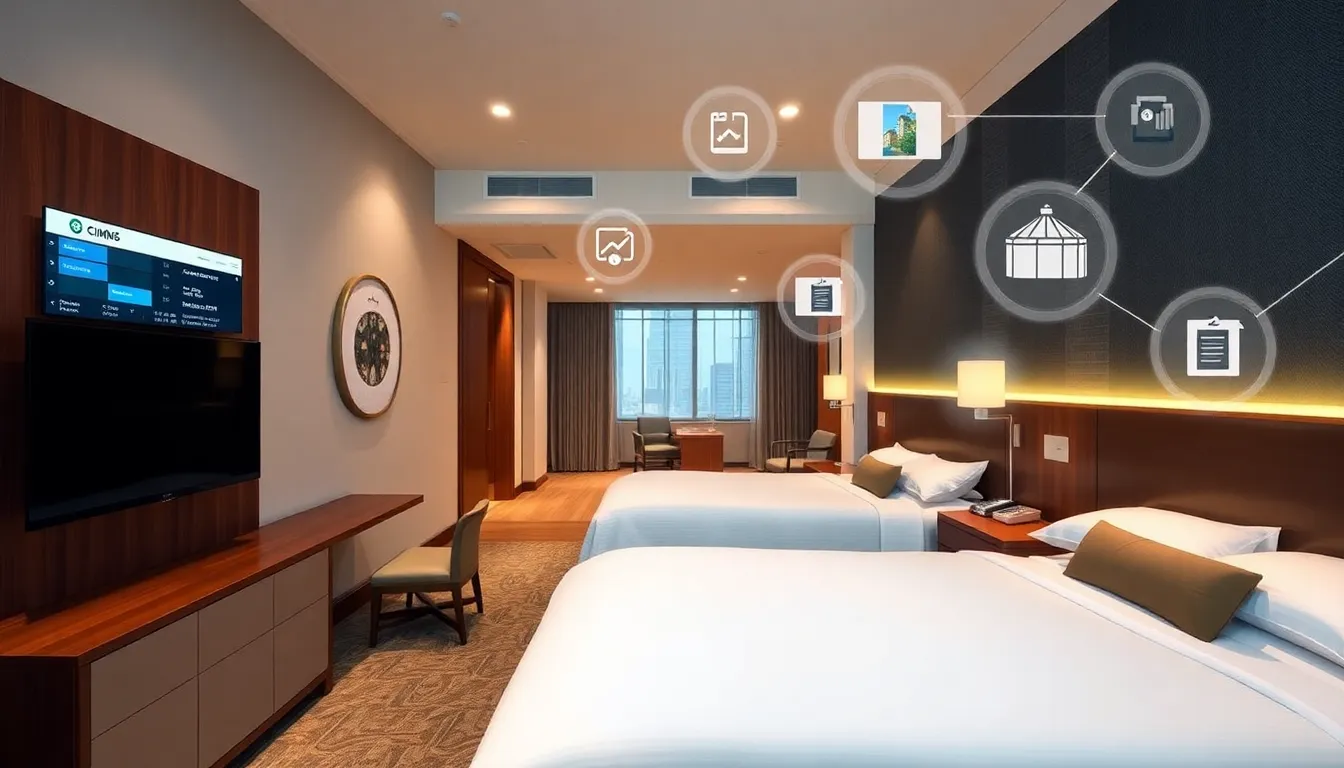
 Medium-sized hotels find a perfect balance with CiHMS’s scalable infrastructure. With its enterprise-grade performance capabilities, the system can manage operations across multiple properties efficiently. The centralized reporting and real-time management features allow for instant updates and a more agile response to market trends, ensuring that operational decisions are both timely and data-driven.
Medium-sized hotels find a perfect balance with CiHMS’s scalable infrastructure. With its enterprise-grade performance capabilities, the system can manage operations across multiple properties efficiently. The centralized reporting and real-time management features allow for instant updates and a more agile response to market trends, ensuring that operational decisions are both timely and data-driven.

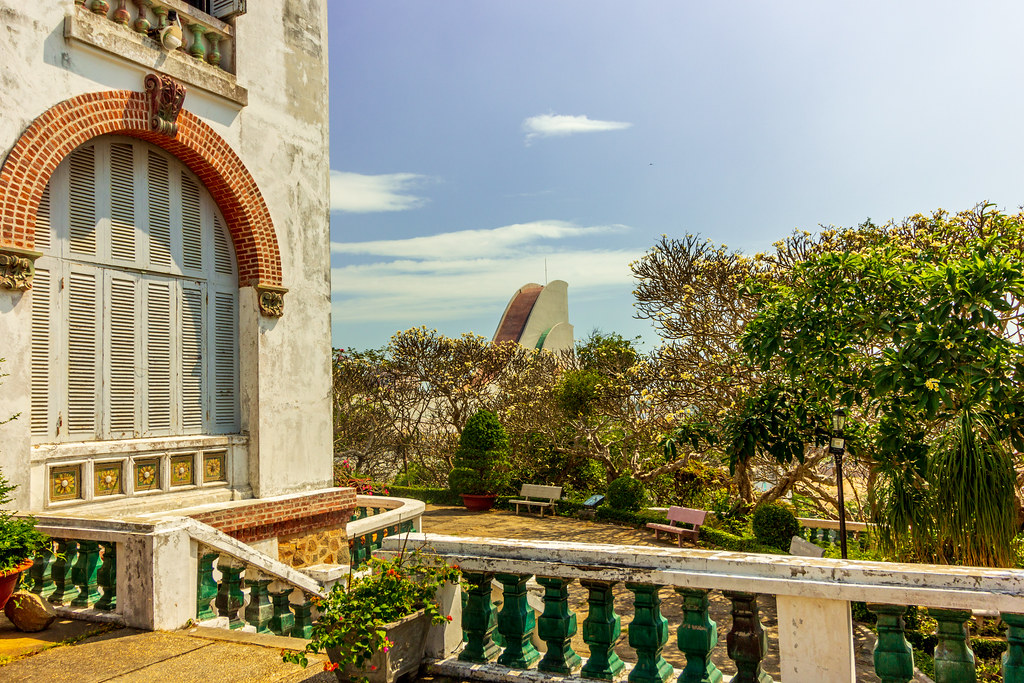
 Hospitality & Accommodation Options
Hospitality & Accommodation Options


 Beaches and Adventures that Captivate
Beaches and Adventures that Captivate The island’s famous fish sauce, or nuoc mam, is a global export and a cornerstone of Vietnamese cuisine. Visiting a local fish sauce factory is a fascinating way to learn about its production and cultural significance. For those craving variety, Phu Quoc also boasts fusion dining options that blend local ingredients with international culinary techniques, ensuring something for every taste.
The island’s famous fish sauce, or nuoc mam, is a global export and a cornerstone of Vietnamese cuisine. Visiting a local fish sauce factory is a fascinating way to learn about its production and cultural significance. For those craving variety, Phu Quoc also boasts fusion dining options that blend local ingredients with international culinary techniques, ensuring something for every taste. If you’re planning your next getaway, Phu Quoc promises an unforgettable experience, from its sun-kissed beaches to its vibrant culinary scene. With the island continuing to evolve, there’s always something new to discover.
If you’re planning your next getaway, Phu Quoc promises an unforgettable experience, from its sun-kissed beaches to its vibrant culinary scene. With the island continuing to evolve, there’s always something new to discover.

 Conclusion
Conclusion




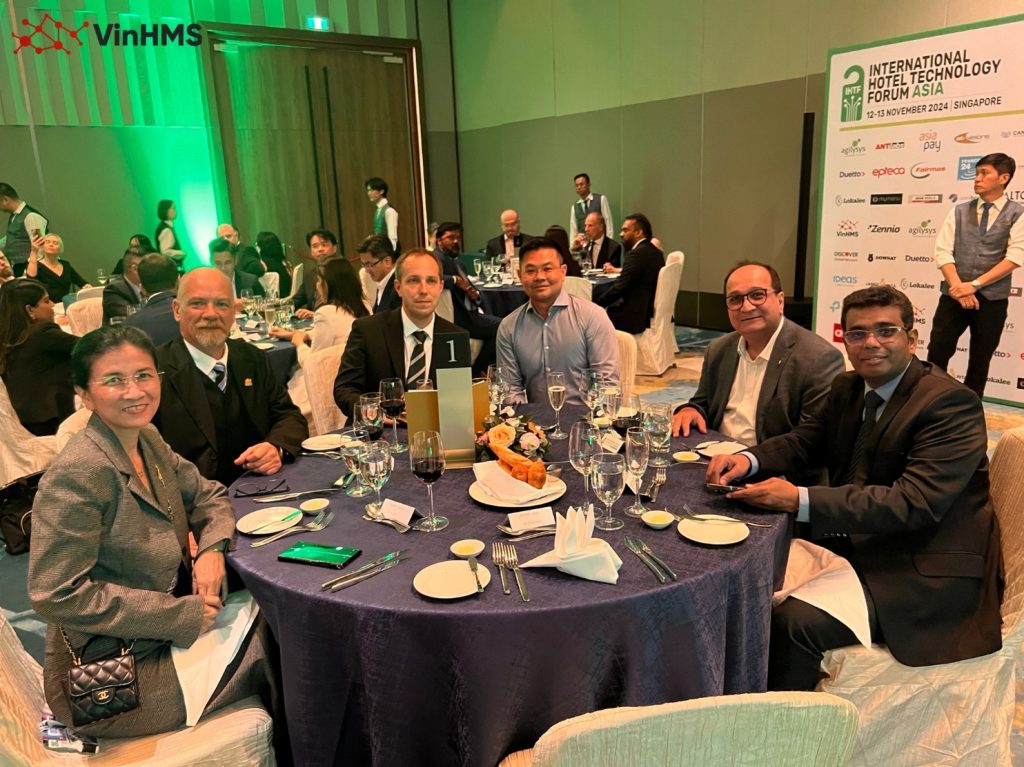
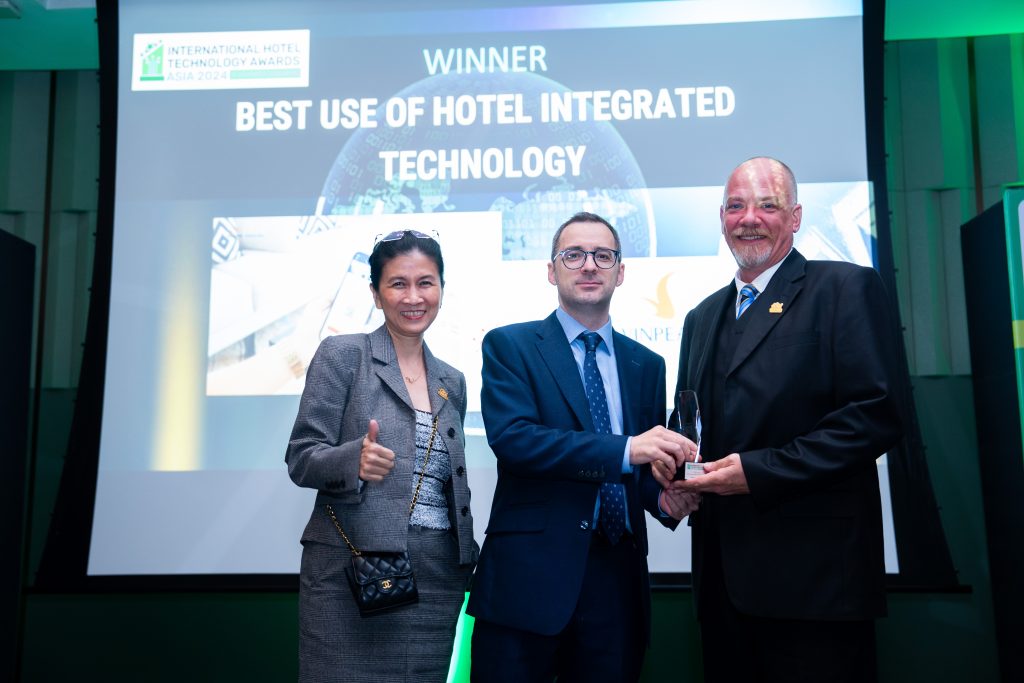

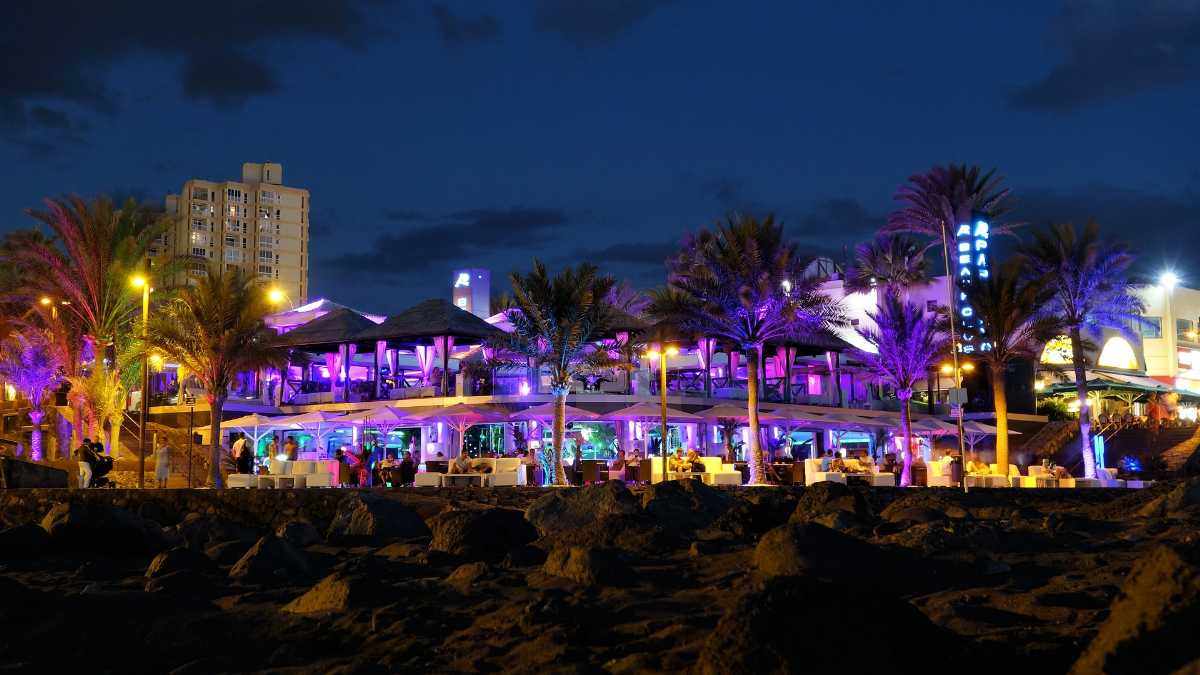


















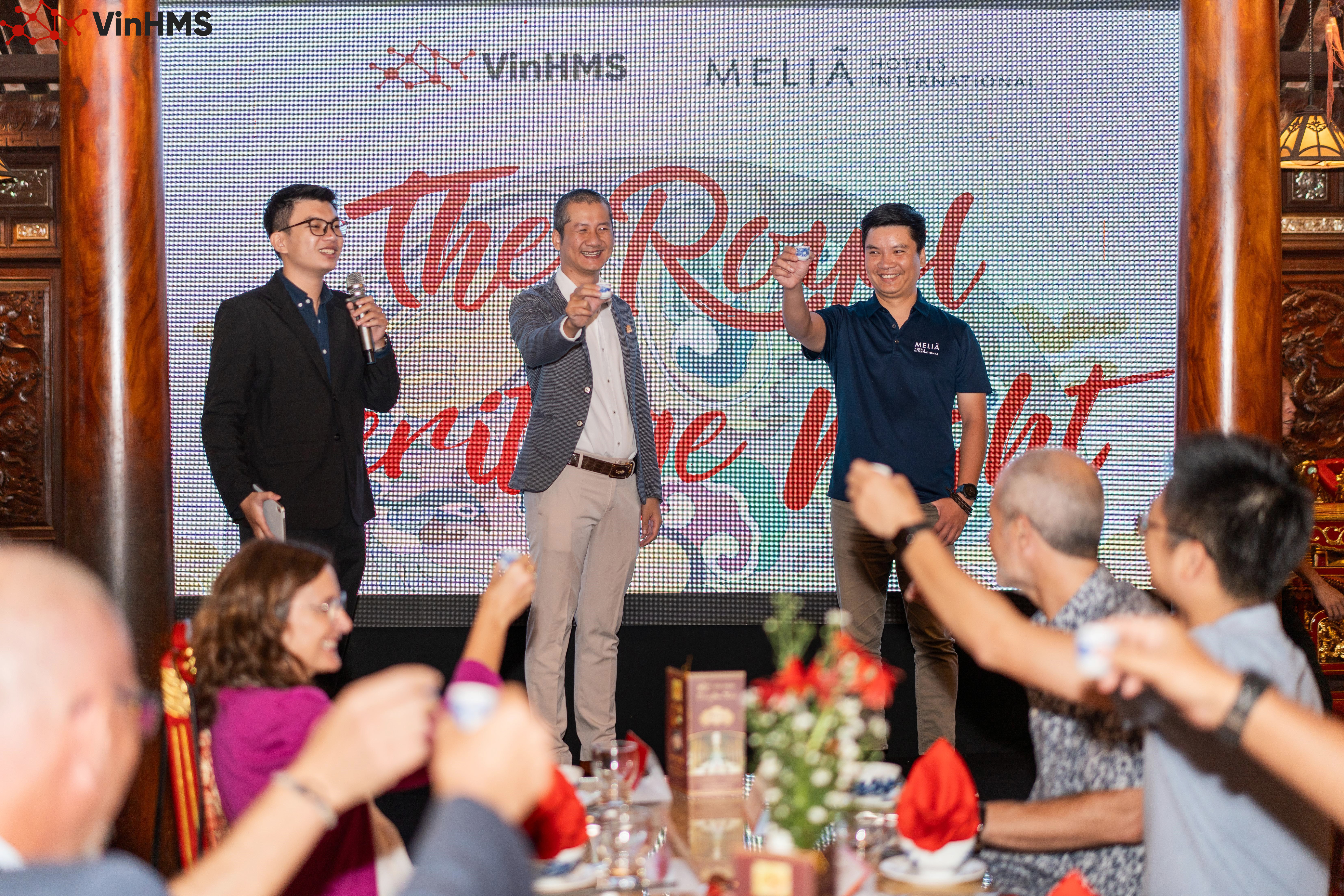

 Beyond the citadel, the
Beyond the citadel, the 

 The culinary scene in Hue is as bold as its history, with dishes that reflect the city’s cultural influences. We found ourselves savoring
The culinary scene in Hue is as bold as its history, with dishes that reflect the city’s cultural influences. We found ourselves savoring